Giving his opinion on the draft Law on Cyber Security, Deputy To Van Tam ( Quang Ngai ) agreed on the necessity of promulgating the Law on Cyber Security (amended). According to him, this is an important law, which not only creates a solid legal barrier to protect national security, the legitimate rights and interests of the people, but also creates a legal environment to ensure and respect the rights and obligations of subjects in cyberspace.
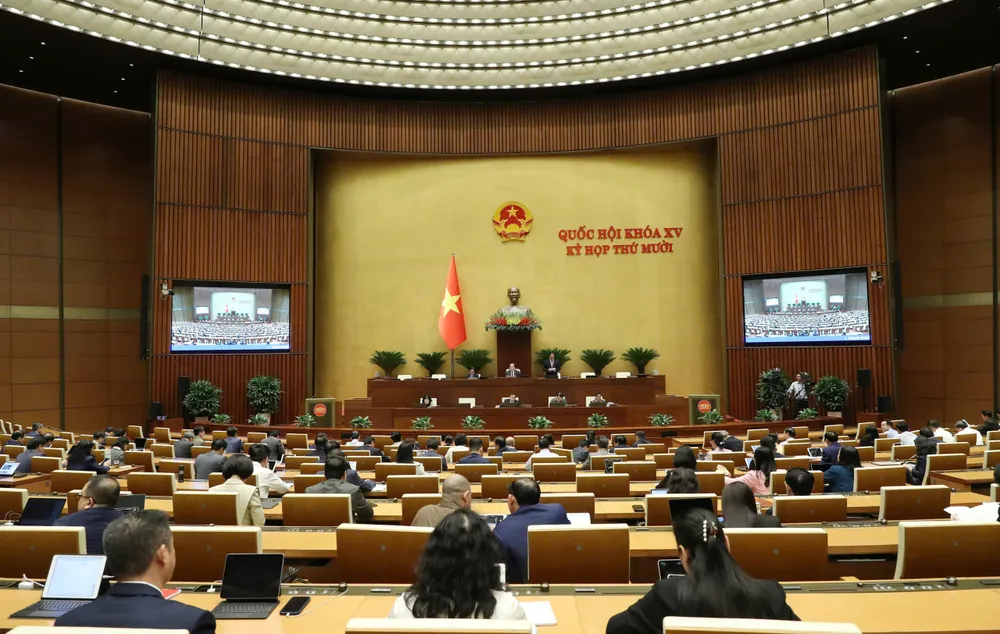
Regarding prohibited acts (Article 9), Deputy To Van Tam proposed to study and add the act of "distorting the Party's guidelines and policies and the State's laws". Because in reality, there is still a situation of distortion and denial of the Party's leadership role, distorting the State's policies and laws, causing public confusion.
The Quang Ngai delegation also suggested that the act of “insulting the Party flag” should be added to the list of prohibited acts. Along with that, Delegate To Van Tam also proposed adding the act of prohibiting the use of AI to distort, defame, and insult others.
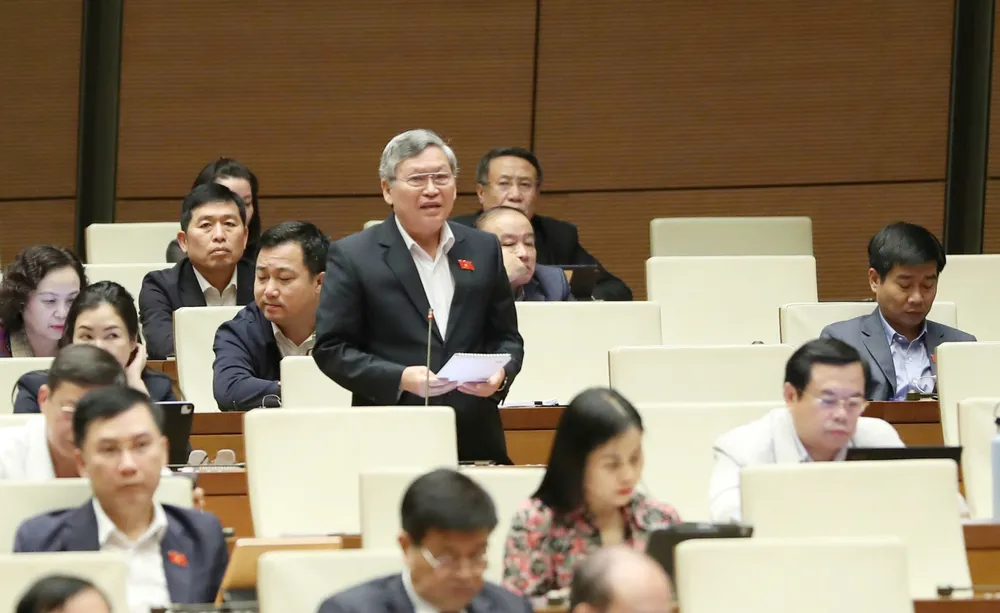
Participating in further discussion, Deputy Le Thi Thanh Lam ( Can Tho ) said that the strong development of digital technology, especially AI, has given rise to many new methods of violation such as fraud, fake faces, voices, and images. These tricks are very difficult to identify, greatly affecting network security and people's rights.
The draft law focuses on protecting children in cyberspace, but in reality, other vulnerable groups such as the elderly, people with disabilities, and people with limited behavioral capacity are also vulnerable to attacks. Delegate Le Thi Thanh Lam suggested that the draft law should include provisions prohibiting the use of AI technology to fake faces, voices, and other forms of fake technology to impersonate organizations and individuals to defraud, distort, confuse, or infringe upon the legitimate rights and interests of people.
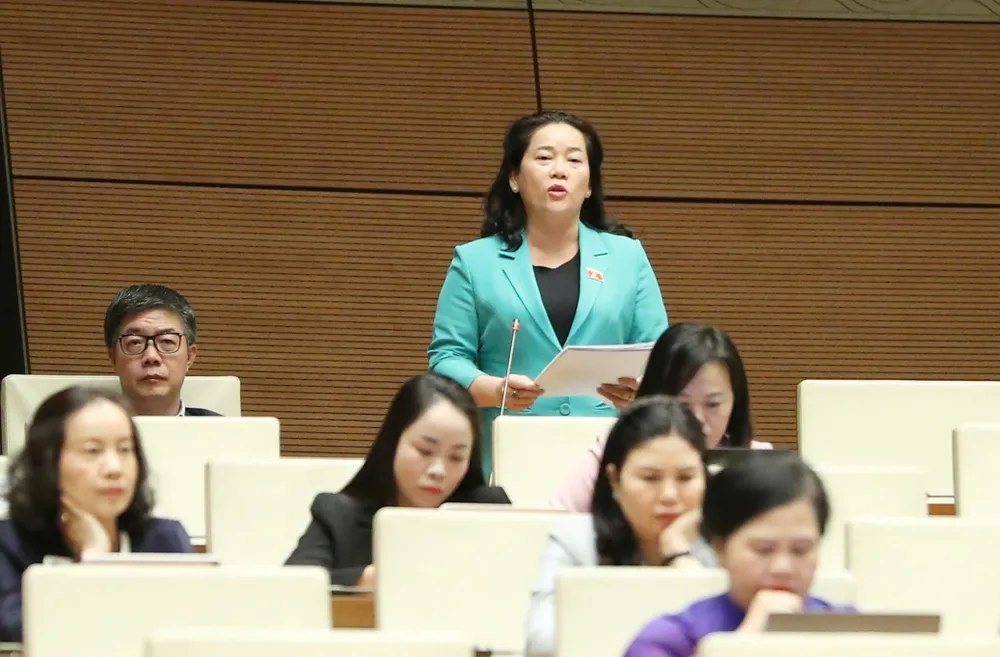
Regarding the regulations on prevention and handling of violations, delegates agreed that it is necessary to expand the group of protected subjects. Specifically, in addition to children, it is necessary to add the elderly and other vulnerable groups, ensuring comprehensiveness, consistent with the current practice of high-tech crimes.
Delegate Le Thi Ngoc Linh (Ca Mau) said that adding to the draft law, strictly prohibiting the use of artificial intelligence AI to create, edit, and spread clips, images, sounds, and texts containing defamatory, slanderous, and false information, etc. is extremely necessary and appropriate to the current practical situation.
Deputy Le Thi Ngoc Linh also said that there is currently an overlap between regulations on prohibited acts in cyber security and some regulations on preventing and handling acts of cyber security violations. Therefore, she suggested that the drafting agency study and review carefully to eliminate duplication in content; at the same time, there should be regulations to ensure consistency with other related laws and codes such as the Penal Code, the Law on Handling of Administrative Violations, etc. to avoid creating conflicts or difficulties in the process of applying the law in practice.
At the end of the session, Minister of Public Security Luong Tam Quang, on behalf of the agency in charge of drafting the Cyber Security Law project, reported and explained that the Cyber Security Law was built on the basis of merging two laws, the 2018 Cyber Security Law and the 2015 Cyber Security Law, and on the principle of not changing the functions and tasks of ministries and branches, and not creating new policies. The law only stipulates contents under the authority of the National Assembly, not regulating issues under the authority of the Government, ministries and other agencies.
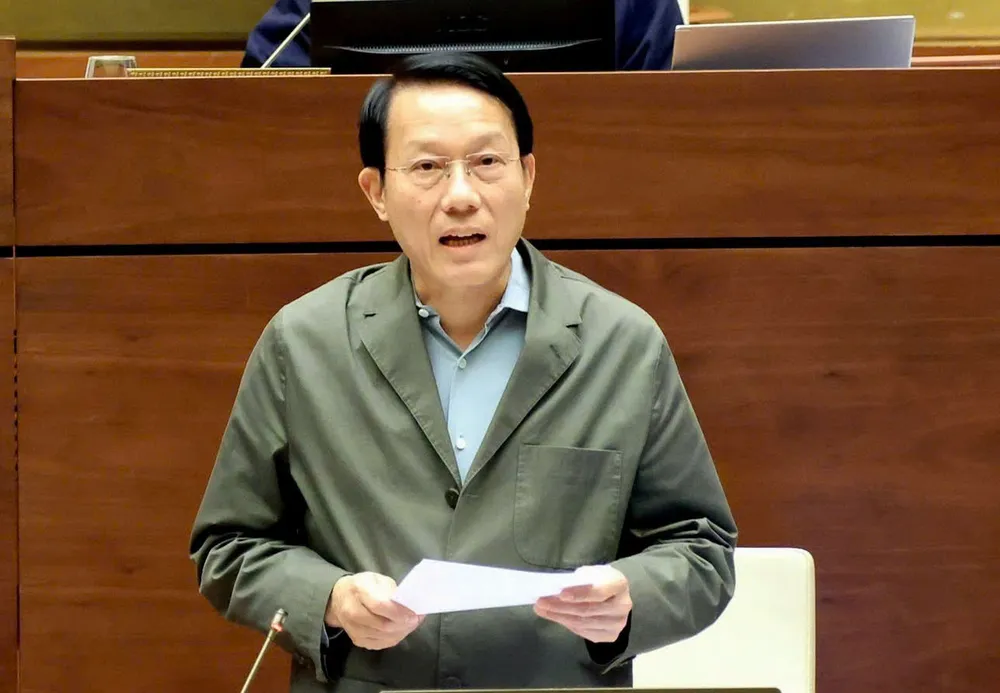
According to Minister of Public Security Luong Tam Quang, for issues that fluctuate frequently in practice, the drafting agency only provides a framework, which is of a principle nature and is assigned to the Government and ministries to regulate. "Currently, no country can ensure cyber security by itself, because this is a global challenge, so strengthening international cooperation, information sharing, and coordination of actions between countries is an inevitable requirement," Minister Luong Tam Quang shared.
According to the sharing, currently the Ministry of Public Security is assigned to be the agency in charge of coordinating response to national cybersecurity incidents. The Ministry of Public Security has also established an "alliance", in which many companies related to cybersecurity, the Ministry of National Defense and Command 86 participate.
“To ensure network security, all civil-related information systems of agencies, organizations and enterprises must be connected to the national network security center to promptly monitor, detect, warn, and fix; protect as soon as there are signs of attack, and prevent it from spreading and paralyzing the information system,” Minister of Public Security Luong Tam Quang emphasized.
Source: https://www.sggp.org.vn/de-nghi-dua-vao-luat-quy-dinh-cam-su-dung-ai-de-gia-mao-khuon-mat-post822338.html




![[Photo] Da Nang: Hundreds of people join hands to clean up a vital tourist route after storm No. 13](https://vphoto.vietnam.vn/thumb/1200x675/vietnam/resource/IMAGE/2025/11/07/1762491638903_image-3-1353-jpg.webp)













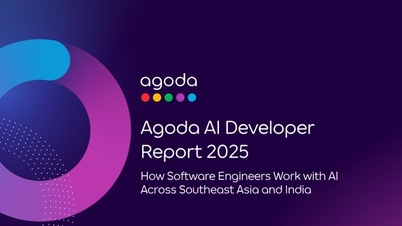



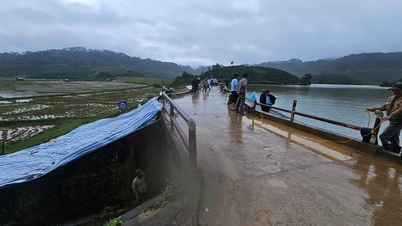

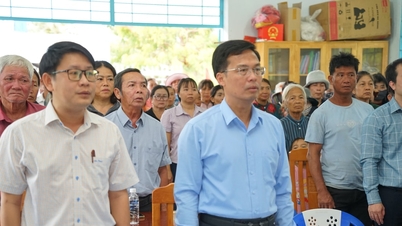
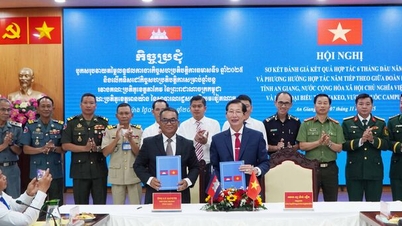
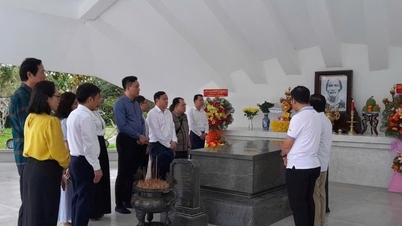





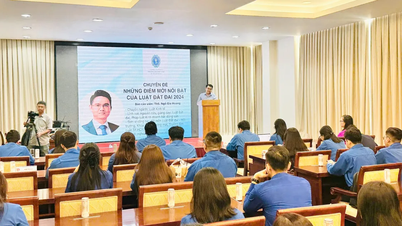


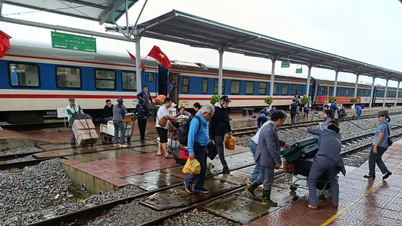

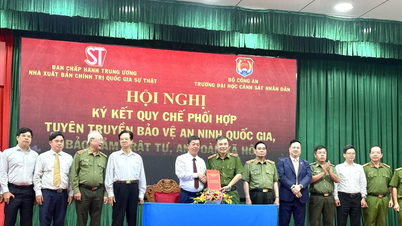




































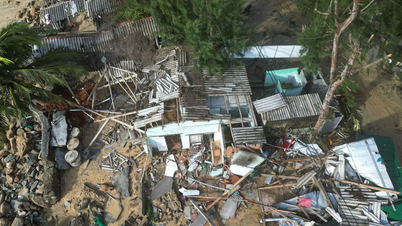


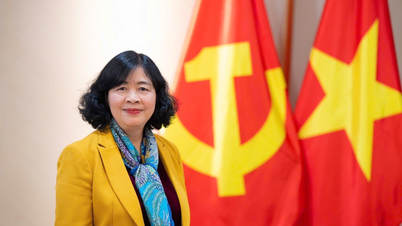

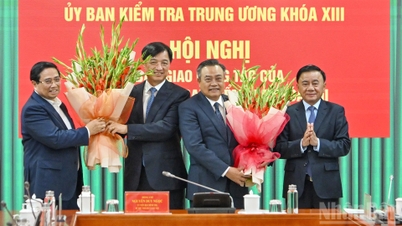
















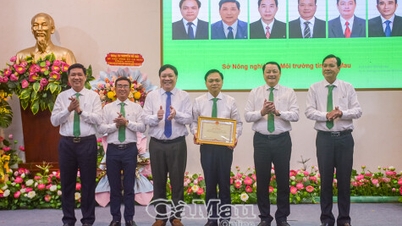
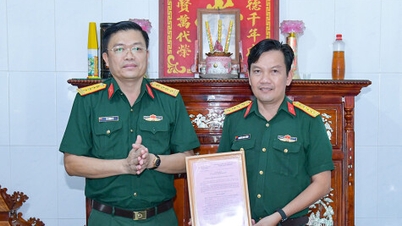
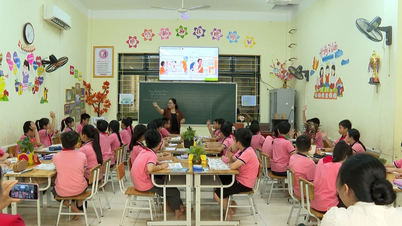












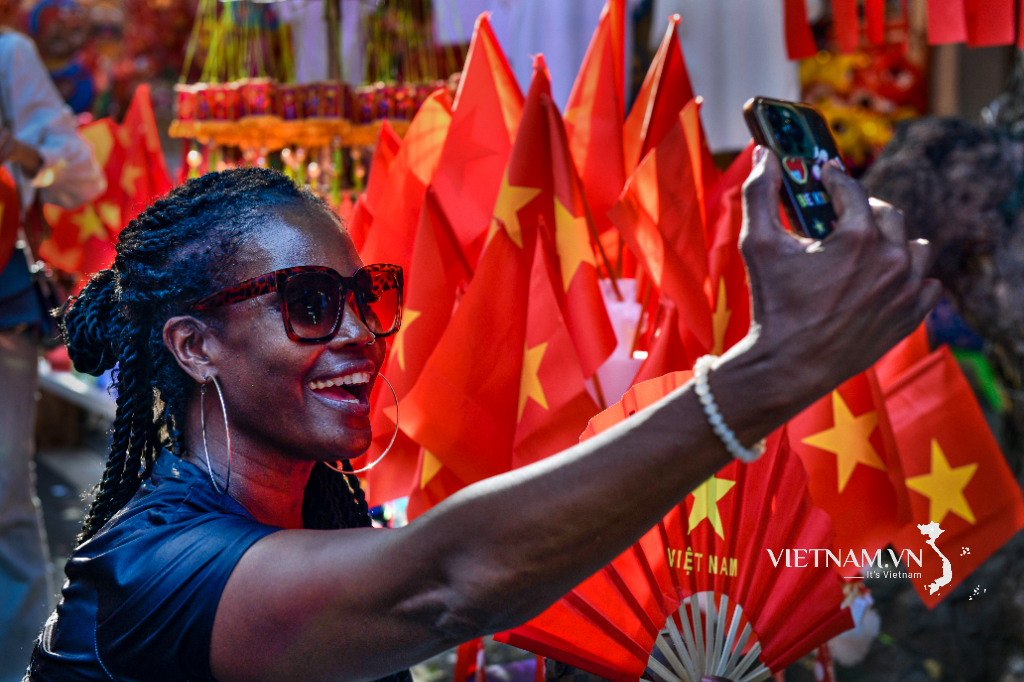
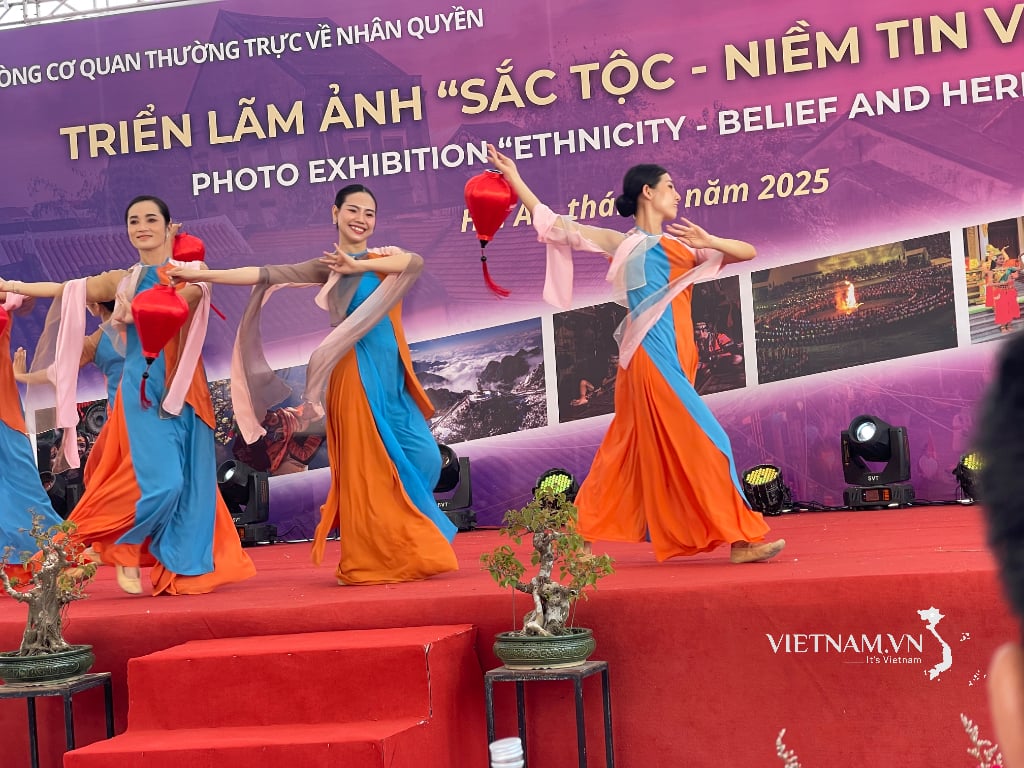


Comment (0)